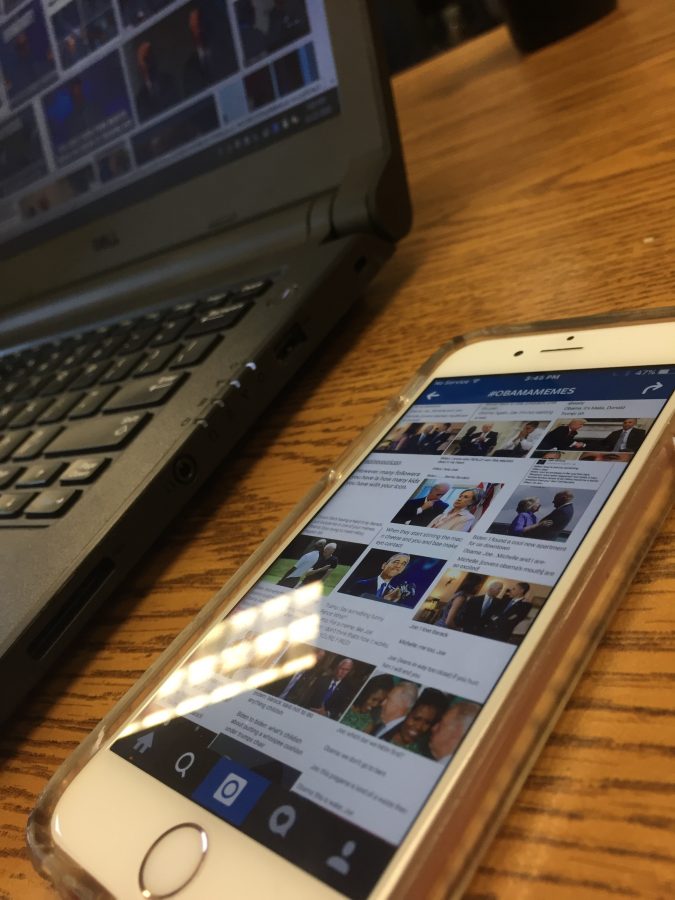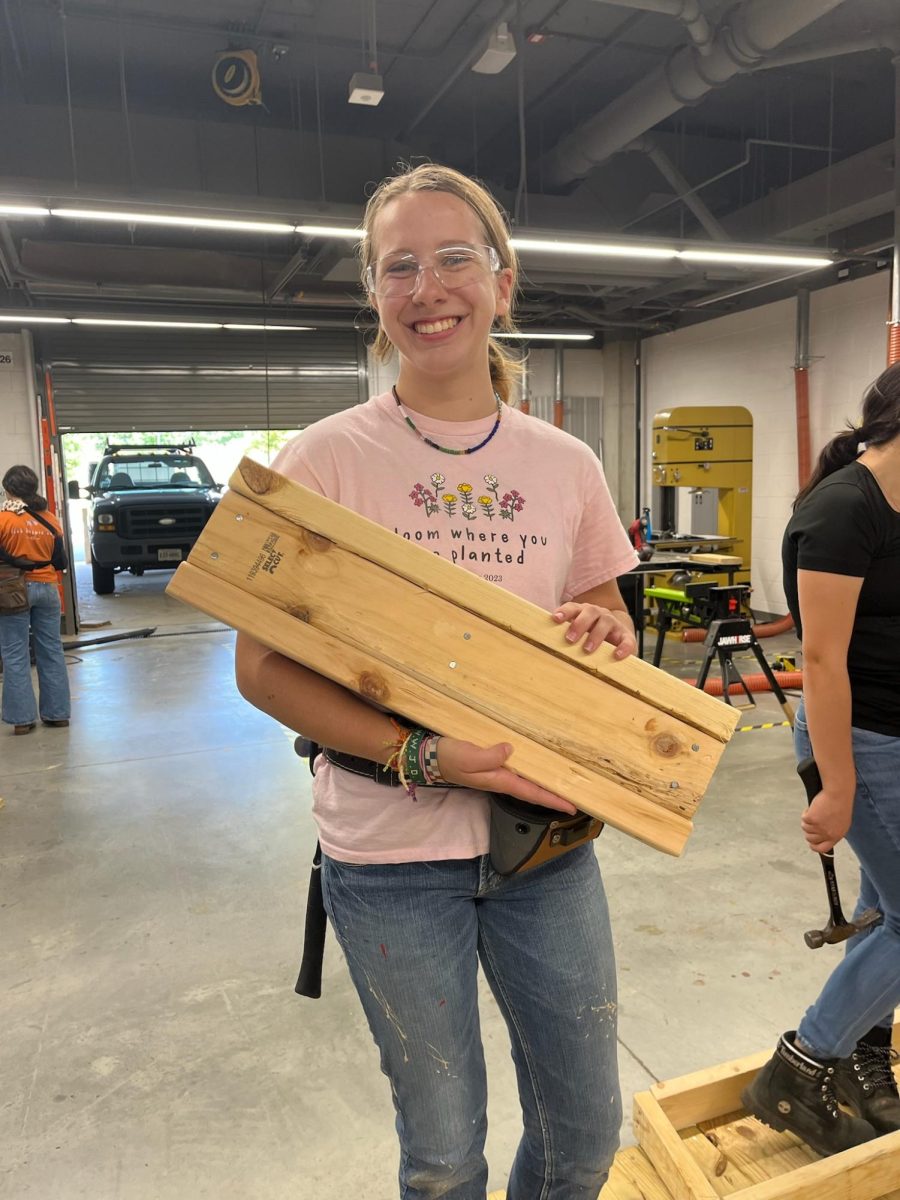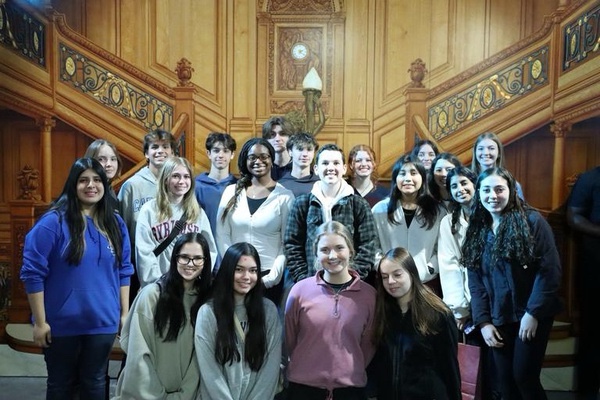By Tori Custer
Everyone can agree that the internet has had an impact on the world and how many view it. It has opened doors in communication, where people can now communicate with others on the other side of the globe in seconds all the time. While the increased contact with others is great, it does have huge consequences if users don’t take into consideration what information they are putting out there. The internet allows you to learn things about others, like where they’ve been, who their friends are, and other personal information. What many forget to consider is that other people have access to much of the same information about you.
According to the University of Rochester Medical Center, the prefrontal cortex does not completely mature until age 25. The prefrontal cortex is the part of the brain responsible for making decisions, which teenagers don’t use. Instead, most decisions are made with the amygdale, which revolves more around emotions. The internet is a place where with one click of a button, anything can be put out there for anyone to see. Tuscarora senior Matthew Siryani believes one of the consequences of this is bullying. “Bullying is probably the biggest problem. I don’t think it will change because that’s how the world is,” said Siryani. Arguments a common form of how the internet can become quite hostile in a teenager’s world. Many are familiar with the notorious Twitter fights, which seem to happen more common than not. “I experience more arguments online because people are scared of saying things face to face,” says freshman Shayla Reed.
Also, many people forget colleges and future employers may look at social media accounts or search names on the internet. BestColleges.com revealed in a study that 68 percent of employers choose to view applicants social media accounts. Many say it tells more about who a student or employee really is than just a resume or interview. That photo that may have looked cool in freshmen year may haunt a student when they start applying to colleges.
With the many risks there are on online, it’s important to remember how to keep yourself safe from possible predators, bullying, or over sharing private information. According to NetSmartz, there are many tips you can follow and remember the next time you pick up the phone or computer. Don’t spread things about other people that aren’t true because it’s likely you wouldn’t want the same thing done to you. If you are ever in a situation online that makes you uncomfortable or is threatening, you should report to an adult immediately. It’s also a good idea to put limits on yourself, such as how much time you’re on your phone or how many times you post a day. “If I’m just at home and don’t have school or anything, I’d make sure I only charge my phone once, like at night. So if my phone is dying really fast, then I’ve been going on my phone too much. I usually don’t especially if I’m with friends because then I’m with friends and don’t really need to be on my phone unless I’m talking to my parents about a ride home,” said sophomore Komil Chaghtai.
While the internet is a large, treacherous place, it’s an unavoidable part of people’s lives now. People use it at work, at school, and in their homes. It’s grown to be more than just a resource or convenience to a lifestyle that will define our generation. Technology is student’s way of connecting to their world. “The internet is great, but it’s a beautiful curse. It sucks at the same time. You got to know how to deal with it and be mature. Don’t get too caught up in the now,” said Chaghtai. The next time you’re online, remember who you might be influencing and how your next click could affect your future.






